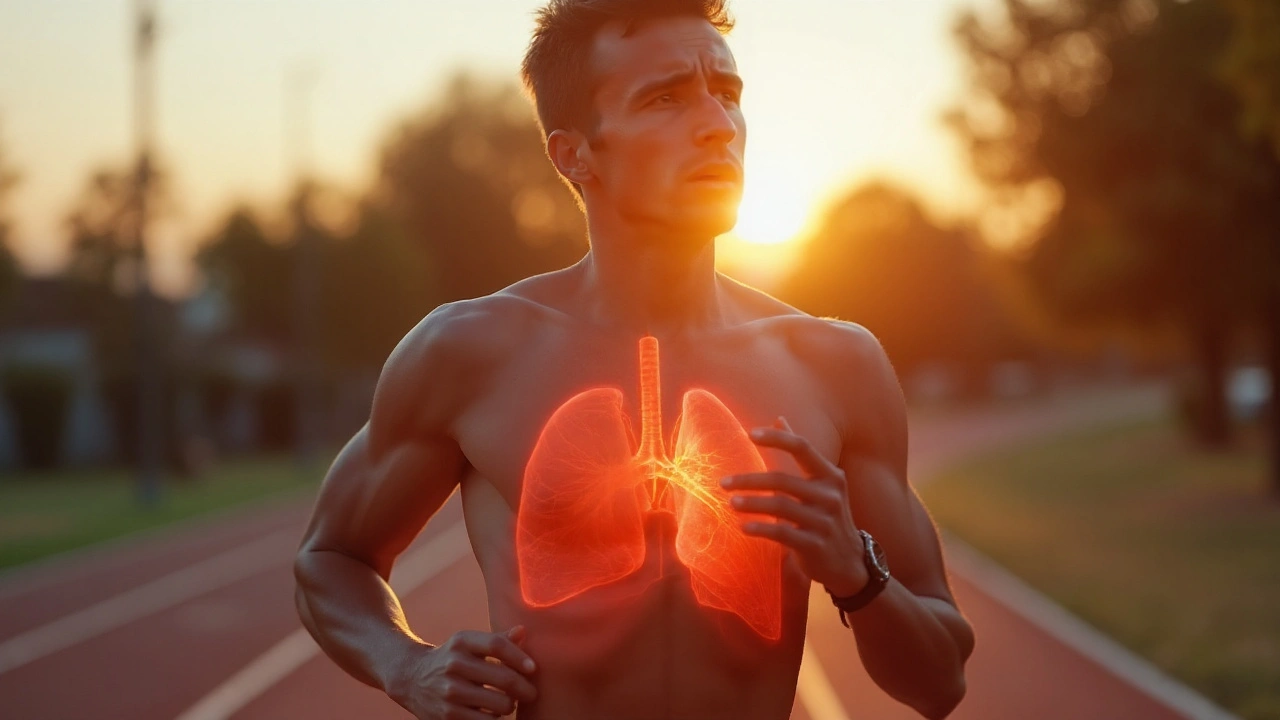Recovery Made Simple: Practical Steps for Health, Meds & Skin Healing
Whether you’re bouncing back from an illness, dealing with a chronic condition, or just want your skin to look better, recovery can feel confusing. The good news is you don’t need a PhD to get back on track. Below are easy‑to‑follow ideas that work for most people, based on real‑world advice you’ll find on DB Sentences.
Medication Recovery Tips
First up, the meds you’re taking. Sticking to the right schedule is the single biggest thing you can do. Set a daily alarm, use a pill box, or keep a simple spreadsheet on your phone. If you’re buying a generic version online—like cheap albuterol, singulair, or yasmin—make sure the pharmacy is licensed, asks for a prescription, and has clear contact info. Skipping doses or grabbing a cheap copy from an unknown source can undo weeks of progress.
Talk to your doctor about side‑effects early. For example, mefenamic acid can strain your liver, so regular blood checks keep you safe. If you notice any new symptom—headache, stomach pain, or skin rash—call the prescriber right away. Adjusting the dose or switching to a different drug (say, a newer asthma inhaler instead of albuterol) can make recovery smoother.
Adherence matters especially for viral treatments like atazanavir for HIV. Missing even one pill can let the virus bounce back. Keep a refill reminder in your calendar and order a month’s supply ahead of time. The same applies to chronic pills like fenofibrate for cholesterol or bupropion for mood support.
Lifestyle and Natural Support
Medication is only half the story. A balanced diet, good sleep, and a bit of natural therapy boost the body’s own healing power. For skin overgrowths, tea tree oil works as an anti‑inflammatory—just dilute it with a carrier oil and test a small patch first. If you’re looking for a skin‑reset, chemical peels like Renalka give faster results, but follow the safety steps: start with a lower concentration, protect your eyes, and moisturize well after.
Supplements can fill gaps too. Brussels sprout extracts provide sulforaphane, which supports detox pathways and may help with inflammation. Vitamin D is another easy win—order a reputable online brand, check the dosage (usually 1000‑2000 IU), and pair it with sunlight when you can.
Mental health plays a big role in recovery. Understanding bipolar disorder, for instance, helps you spot the shift from depression to mania and get the right treatment fast. If you’re on montelukast for asthma and hear about safety warnings, talk to your doctor about alternatives—there are newer options with fewer side‑effects.
Finally, stay organized. Keep a notebook with your meds, dosages, side‑effects you’ve noticed, and any natural remedies you try. Review it with your pharmacist or doctor every few weeks. This simple habit turns vague concerns into concrete actions and speeds up recovery.
Recovery isn’t a one‑size‑fits‑all plan, but with consistent medication habits, safe online purchases, and a few natural boosters, you’ll see progress faster than you think. Start with one change today—maybe set that alarm for your next dose or try a diluted tea tree oil patch. Small steps add up to big results.
Explore why athletes face pulmonary embolism, how to spot it early, prevent it with smart strategies, and safely return to training after treatment.
